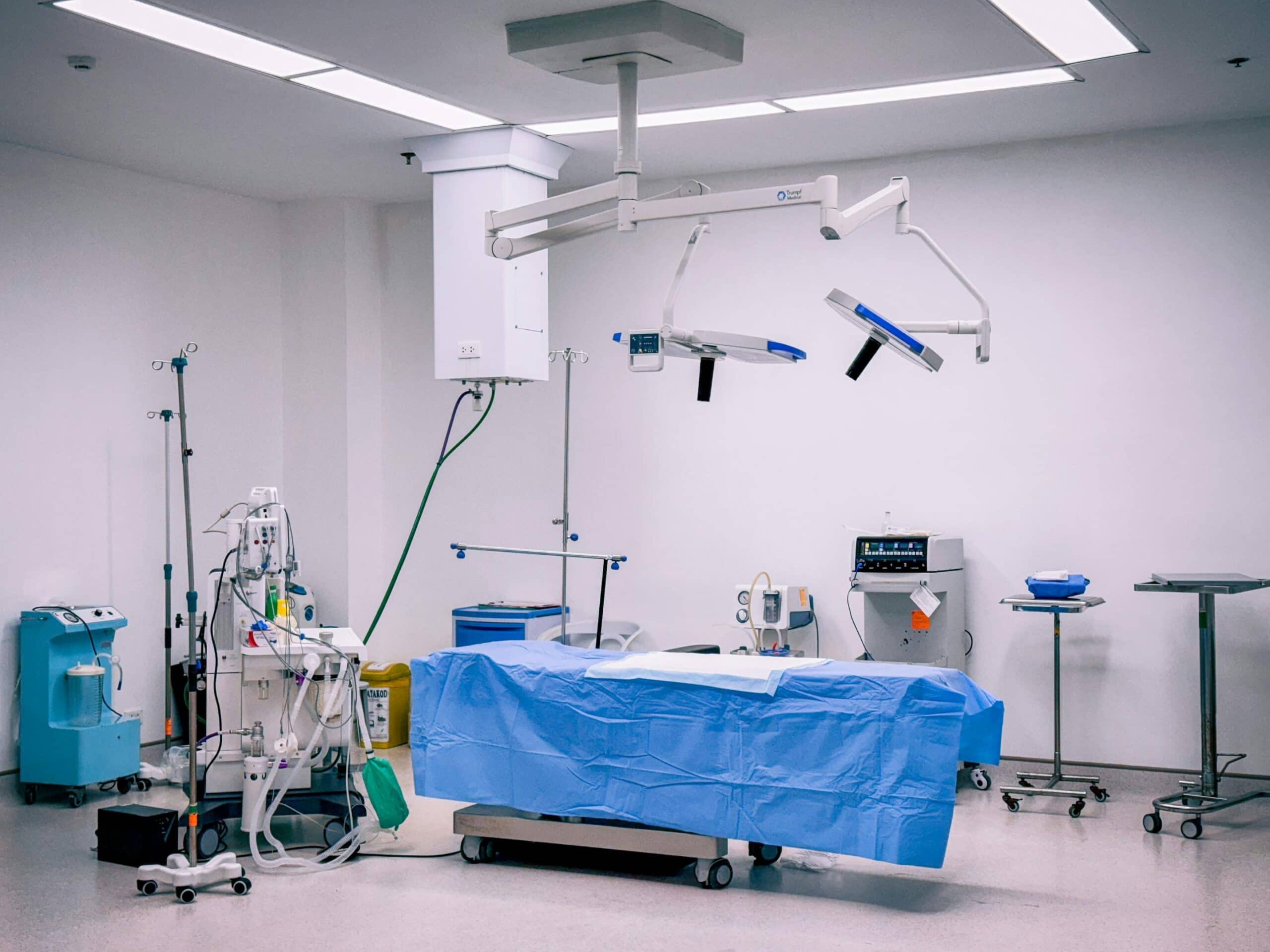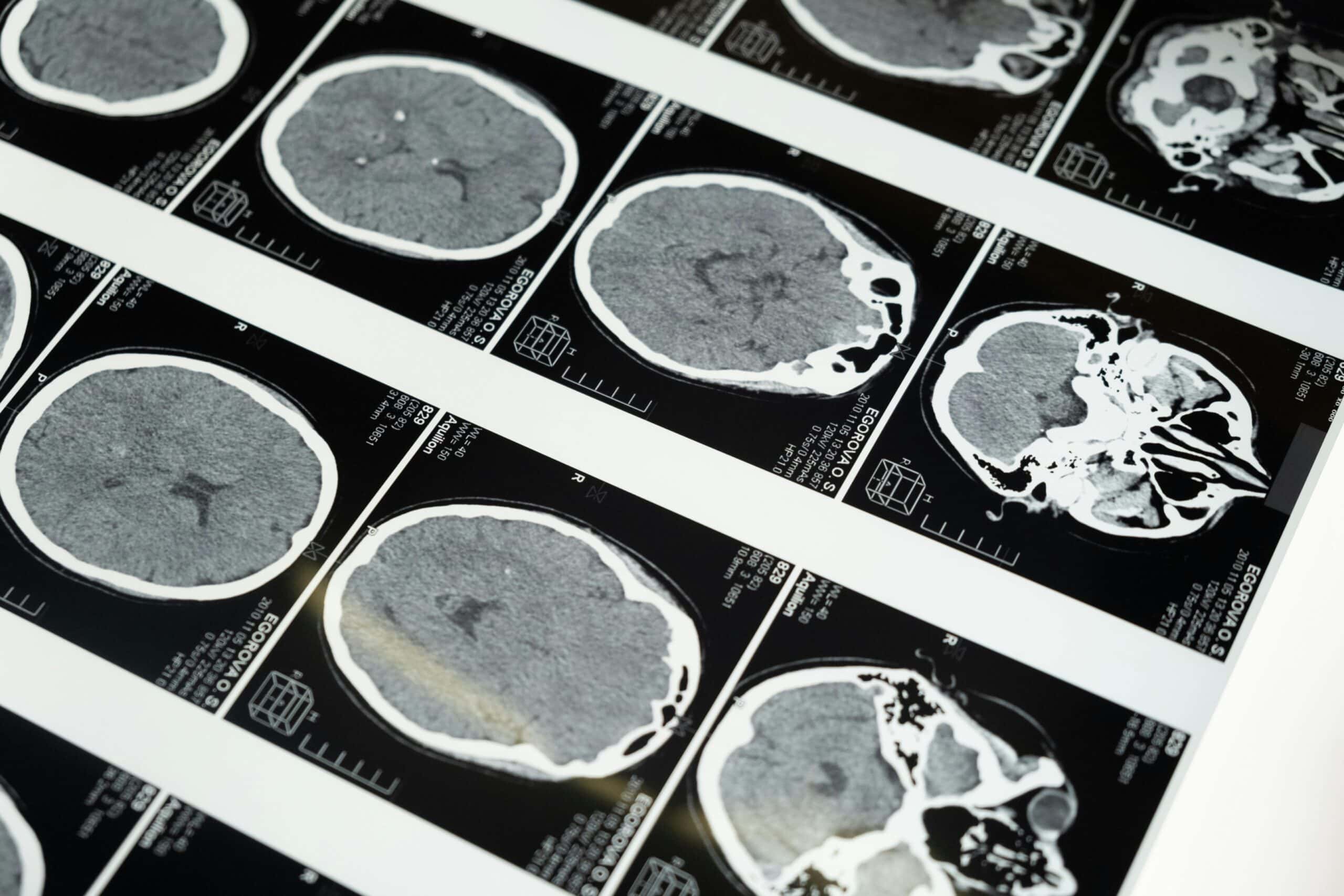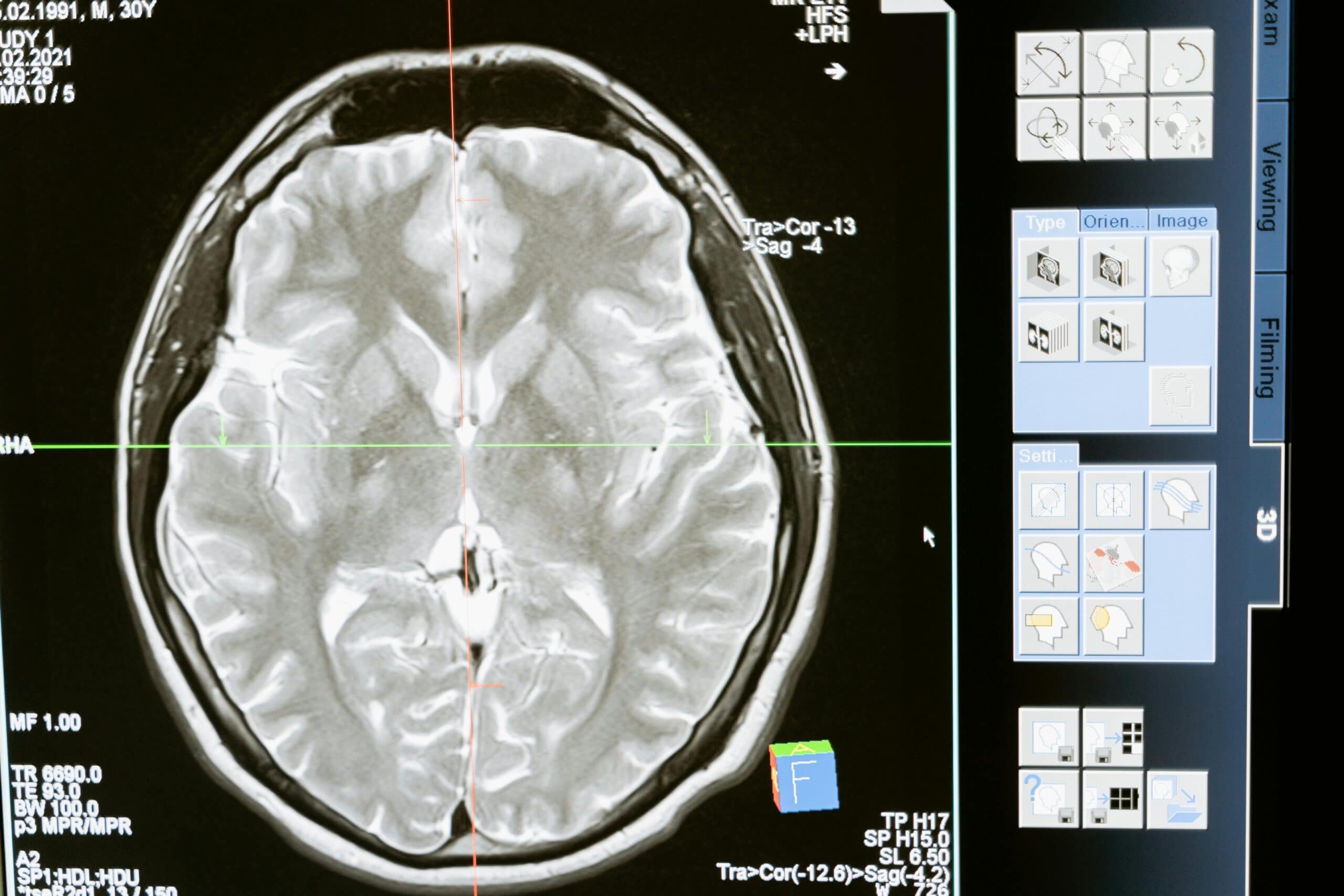
A brain injury is one of the most severe and life-altering injuries a person can suffer. The effects extend far beyond physical pain, often impacting memory, cognitive function, emotional well-being, and the ability to perform daily tasks. However, understanding the common causes of brain injury lawsuits and determining who can be held responsible is crucial before taking legal action.
Many traumatic brain injuries (TBIs) result from accidents caused by negligence, leaving victims with medical expenses, lost wages, and long-term rehabilitation costs. The cause of the injury can directly impact the outcome of a traumatic brain injury case.
Common Causes of Brain Injury Lawsuits
Brain injuries occur in many ways, but most personal injury cases result from accidents that could have been prevented. Below are some of the most common causes of brain injury lawsuits, along with real-world examples of how these injuries occur.
1. Motor Vehicle Accidents
Car accidents, motorcycle crashes, trucking collisions, and pedestrian accidents are leading causes of serious brain injuries. The sudden impact from a crash can cause a closed head injury, where the brain collides with the skull, leading to brain damage, even if there is no visible wound.
Examples of Brain Injuries in Motor Vehicle Accidents
- A distracted driver runs a red light and crashes into another vehicle, causing the victim’s head to hit the steering wheel, resulting in a traumatic brain injury.
- A motorcyclist is thrown off their bike in a crash, suffering a severe TBI despite wearing a helmet.
- A passenger in a rideshare vehicle sustains a head injury when an Uber driver fails to yield and is hit by an oncoming truck.
Liability in Motor Vehicle Accidents:
- The at-fault driver may be held responsible for their negligent behavior.
- Trucking companies may be held liable if they fail to enforce safe driving policies.
- Vehicle manufacturers can be sued if a defect (e.g., faulty airbags) contributed to the injury.
- Insurance companies may also be responsible for ensuring a fair settlement for the victim.
2. Medical Malpractice and Surgical Errors
A brain injury lawsuit can also arise when medical professionals fail to provide an acceptable standard of care. Mistakes made during surgery, childbirth, or medical treatment can result in permanent brain damage.
Examples of Brain Injuries Due to Medical Malpractice
- A doctor fails to diagnose a stroke, delaying treatment and causing irreversible brain damage.
- A surgeon makes an anesthesia error, leading to a lack of oxygen to the brain during surgery.
- A hospital staff member misuses medical equipment, resulting in injury to a newborn baby during delivery.
Who Can Be Held Responsible in Medical Malpractice Cases?
- The doctor, surgeon, or anesthesiologist who committed the error.
- The hospital or medical facility for failing to enforce proper safety protocols.
- The medical equipment manufacturer if a defective machine contributed to the injury.
3. Slip and Fall Accidents (Premises Liability Cases)
Falls can cause severe brain injuries, particularly in elderly individuals or workers in hazardous environments. Property owners must ensure their premises are free from dangerous conditions that could cause injuries.
Examples of Brain Injuries from Slip and Fall Accidents
- A grocery store fails to clean up a spill, and a customer slips, hitting their head on the tile floor.
- A construction worker falls from scaffolding due to a lack of proper safety railings.
- A tenant in an apartment complex falls down a poorly lit staircase, suffering a closed head injury.
Liability in Slip and Fall Cases:
- The property owner may be held responsible if they failed to maintain safe conditions.
- A business owner may be liable if they ignored known hazards.
- A landlord could face a personal injury lawsuit for failing to repair dangerous areas.
4. Workplace and Construction Accidents
Construction sites and industrial workplaces pose significant risks for brain injuries. Falls, being struck by objects, and exposure to hazardous materials can result in life-altering injuries.
Examples of Workplace Brain Injuries
- A warehouse worker is hit by a falling object that was improperly stacked.
- A construction worker falls from an unstable scaffold, suffering permanent brain damage.
- A factory employee is exposed to toxic chemicals that cause neurological damage.
Who Can Be Held Liable?
- The employer if they failed to follow safety regulations.
- A third-party contractor if their negligence contributed to the injury.
- The manufacturer of defective safety equipment if it failed to protect the worker.
5. Sports and Recreational Injuries
High-impact sports and recreational activities can lead to brain injury cases, particularly if coaches, schools, or sports organizations fail to enforce safety rules.
Examples of Brain Injuries in Sports
- A high school football player suffers repeated concussions, but the coach ignores the symptoms and allows him to continue playing.
- A trampoline park lacks proper safety padding, and a child sustains a serious brain injury after falling.
- A boxing league fails to screen for pre-existing conditions, leading to a fatal brain injury.
Legal Responsibility in Sports Injuries:
- Schools and sports leagues may be held responsible for failing to protect athletes.
- Equipment manufacturers may be liable if a defective helmet failed to prevent head trauma.
Who Can Be Held Responsible for a Brain Injury?
Determining liability in a brain injury case requires collecting evidence and proving that another party’s negligence caused the injury. The following entities may be held liable:
- Negligent drivers in motor vehicle accidents
- Doctors and hospitals in medical malpractice cases
- Property owners and landlords for dangerous conditions
- Employers or contractors for unsafe workplaces
- Sports organizations and coaches for failing to prevent head injuries
- Manufacturers of defective medical equipment, helmets, or vehicles
A skilled brain injury attorney can help establish liability by gathering medical records, accident reports, and expert testimony.

Different Types of Compensation in TBI Cases
Understanding the different types of compensation available is crucial for maximizing a personal injury claim. Below is a breakdown of the damages brain injury victims may be entitled to receive.
Medical Expenses – Covering Immediate and Long-Term Care
A brain injury requires extensive and ongoing medical treatment, often costing hundreds of thousands to millions of dollars over a victim’s lifetime. Compensation for medical expenses ensures that all past, present, and future medical costs are covered.
What Medical Expenses Can Be Compensated?
- Emergency room visits – Immediate care after the injury occurs.
- Hospitalization – ICU stays, long-term monitoring, and surgical procedures.
- Surgeries – Operations to relieve pressure on the brain or repair damage.
- Diagnostic tests – CT scans, MRIs, and neurological evaluations.
- Medications – Pain management, anti-seizure drugs, and psychological medications.
- Rehabilitation costs – Physical, cognitive, and occupational therapy.
- Medical equipment – Wheelchairs, braces, and assistive devices.
- Home care services – Nursing assistance for those unable to live independently.
Even minor traumatic brain injuries (TBIs) can require lifelong medical supervision, making it essential to fight for full and fair compensation for all medical costs. This is something most people miss when they believe common misconceptions related to TBI cases.

Future Medical Costs – Securing Long-Term Treatment
Some brain injury victims recover with time, but many suffer from permanent impairments that require ongoing treatment. Compensation for future medical costs helps victims access necessary care for the rest of their lives.
- Long-term rehabilitation – Extended physical and cognitive therapy sessions.
- Speech therapy – Restoring communication abilities for victims with speech impairments.
- Psychological counseling – Treating depression, anxiety, and post-traumatic stress disorder (PTSD).
- Home modifications – Ramps, handrails, and other accessibility upgrades.
- Assisted living facilities – For victims who cannot live independently.
Victims should not have to worry about affording lifesaving or essential care in the future. A brain injury attorney works with medical experts and life-care planners to ensure future medical needs are accounted for.
Lost Wages – Compensation for Time Away from Work
A brain injury can leave victims unable to work for weeks, months, or even permanently. Compensation for lost wages helps ensure that victims do not suffer financial hardship while they focus on recovery.
- Time missed from work – Based on medical leave and recovery time.
- Hourly wage or salary loss – Income lost due to missed work.
- Missed bonuses, commissions, and promotions – Compensation for lost career opportunities.
- Paid time off (PTO) and vacation days – If used for medical recovery.
Insurance companies often try to downplay wage losses, but a skilled personal injury lawyer ensures that all lost income is included in the claim.
Diminished Earning Capacity – When a Brain Injury Impacts Career Prospects
For some victims, returning to work in any capacity may be impossible. Others may need to transition to lower-paying jobs due to cognitive or physical impairments. Compensation for diminished earning capacity helps cover the long-term financial impact of a serious brain injury.
Who Qualifies for Diminished Earning Capacity Compensation?
- Victims who can no longer perform their previous job duties.
- Individuals forced to take a lower-paying position due to brain damage or physical disabilities.
- Workers who lost career advancement opportunities due to their injury.
For example, a construction worker who suffers a TBI may no longer be able to perform physical labor. A brain injury lawyer will work with vocational experts and financial analysts to determine the lifetime impact of the injury on the victim’s career.

Pain and Suffering – Compensation for Physical and Emotional Trauma
Brain injuries often lead to severe, long-term pain and emotional distress. Unlike medical expenses and lost wages, which are tangible financial losses, pain and suffering damages compensate victims for the personal toll the injury has taken on their lives.
Types of Pain and Suffering Damages
- Physical pain – Chronic headaches, nerve pain, and muscle stiffness.
- Cognitive impairment – Memory loss, trouble concentrating, and confusion.
- Emotional distress – Anxiety, depression, and mood swings.
- Loss of enjoyment of life – Inability to participate in hobbies or social activities.
- Relationship strain – Damage to marriages, friendships, and family dynamics.
A brain injury attorney ensures that pain and suffering are fully accounted for in settlement negotiations.
Punitive Damages – Holding Negligent Parties Accountable
Punitive damages are awarded in cases where the at-fault party’s actions were especially reckless or intentional. These damages are not tied to financial losses but serve to punish the wrongdoer and deter similar behavior.
When Are Punitive Damages Awarded?
- A drunk driver causes a crash, leading to a severe brain injury.
- A hospital knowingly covers up a medical mistake that caused brain damage.
- A sports league ignores concussion risks, leading to permanent brain trauma in athletes.
Not all cases qualify for punitive damages, but an experienced personal injury lawyer will fight for them when gross negligence or intentional misconduct is involved.

Get the Legal Help You Deserve With BLG
A brain injury is more than just a medical condition—it’s a life-changing event that can lead to financial burdens, emotional distress, and long-term disability.
If you or a loved one has suffered a traumatic brain injury, legal action can help secure the financial support needed for medical care and recovery.
At Bourassa Law Group, our experienced brain injury lawyers fight for victims, ensuring they receive the maximum compensation possible.





